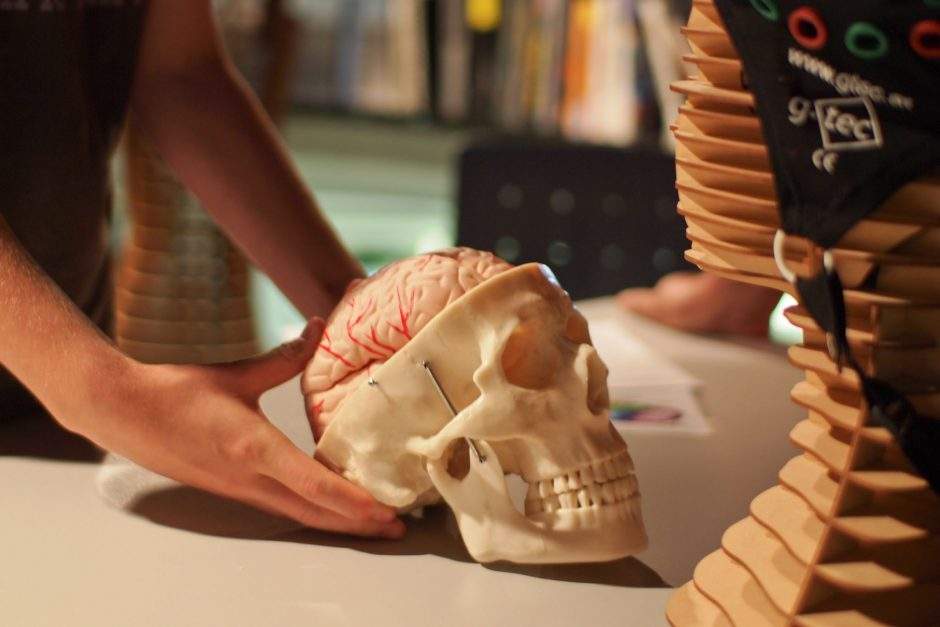
Something in our blood appears to play a key role in aging. Studying blood may give us valuable ways to combat it.
Evidence comes from the experimental procedure called parabiosis. In laboratories, it‘s when an old mouse is joined surgically to a young mouse, so that they share a common circulatory system and blood supply. The tissues of the old mouse were rejuvenated by exposure to young blood.
The Rejuvenating Effect
The research is aimed at identifying the blood substances responsible for the rejuvenating effect, so biomedical scientists can make a drug with the same effect. Through the process they also found that joining a young mouse with an old one also causes premature brain aging in the young mouse.
In 2018, a large team of American and German researchers identified a protein called Vascular Cell Adhesion Molecule 1, or VCAM1 that may be responsible for this premature aging. When young rats are injected with VCAM1, they show signs of brain deterioration.
The researchers found that when they blocked the action of the naturally higher levels of VCAM1 in the blood of old mice, it had a rejuvenating effect on their brains.
If you want to keep reading about how scientists are studying the aging process, you could read about the gene that can make people live ten percent longer. Or if you‘re reading this and wondering how the human body makes blood, click here.
Thank you to Nady Braidy of the University of New South Wales for reviewing this episode‘s script.
Sources And Further Reading:
- Bhavsar, Neil C. "If Young Blood Can Combat Aging, It May Be Thanks to Just One Protein." Futurism. April 1, 2017. Accessed April 18, 2018.
- Hamzelou, Jessica. "Old blood can be made young again and it might fight ageing." NewScientist. March 22, 2017. Accessed April 18, 2018.
- Makin, Simon. "Fountain of Youth? Young Blood Infusions "Rejuvenate" Old Mice." Scientific American. April 21, 2017. Accessed April 18, 2018.
- Sanders, Laura. "Protein helps old blood age the brains of young mice." ScienceNews. January 11, 2018. Accessed April 18, 2018.
- S. A. Villeda, et al. 2014 Young blood reverses age-related impairments in cognitive function and synaptic plasticity in mice. Nature Medicine. 20(6): 659-666.
- H. Yousef et al. 2018 Aged blood inhibits hippocampal neurogenesis and activates microglia through VCAM1 at the blood-brain barrier. BioRxiv, https://doi.org/10.1101/242198









